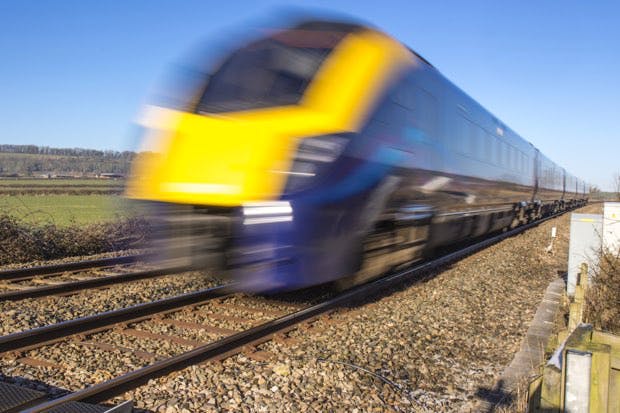More criticism of the infamous HS2 high-speed rail project emerged today, as the National Audit Office published their findings of serious mismanagement and rocketing costs, implicating both HS2 limited and the Department for Transport.
‘The Department, HS2 Ltd and government more widely underestimated the task, leading to optimistic estimates being used to set budgets and delivery dates. In not fully and openly recognising the programme’s risks from the outset, the Department and HS2 Ltd have not adequately managed the risks to value for money. If these risks had been recognised and managed earlier, then the significant activity in a pressured environment over the past year trying to understand and contain cost increases may not have been necessary.’
This no-holds-barred assessment of the rail project comes in the same week that a leaked report of HS2 finances estimated the project could cost a total of £106bn, nearly doubling its earlier estimated price tag of £55.7bn (2015 prices).
HS2 has been red-flagged for a long time – reports published many years ago estimated the cost and timeline of the project would well-exceed original predictions. But a substantial price hike was confirmed by current HS2 chairman Allan Cook in September 2019, updating the estimated costs to over £80bn. Today, the government’s own assessment hikes the total up by another £25bn.
Not only is the project over-budget, but it is also experiencing serious delays. Other government assessments have pushed the completion date for the London to Birmingham route to 2031, while the completion of the northern section of the project is likely not to be operational until 2040.
The costs and delays alone have made the transport project increasingly difficult to justify, especially when there is support across the ideological spectrum to use parts of the allotted HS2 budget to invest in local northern transport links (achievable in a much shorter time frame, rather than waiting for the northern high-speed link for another 20 years).
But today’s revelation adds an additional burden to the project, as it has become clear that due diligence was never done to assess the real costs of HS2, and its potential downsides never properly scrutinised. This will make it harder for the government to give the project the green light (currently under Whitehall review), as trust in the authorities’ abilities to manage this project diminish, and questions around how taxpayer money has been spent on this rail investment – an estimated £250m per month – become more prevalent.







Comments